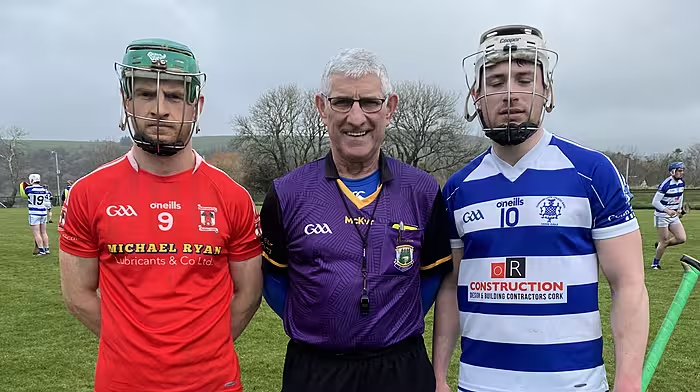NOBEL laureate Daniel Kahneman passed away recently. One of the most influential psychologists of the last century, this is the first of two columns exploring some life lessons we can learn from the author of the bestselling book Thinking, Fast and Slow.
Understand System 1 and System 2
When talking about the human mind, Kahneman talked about System 1 and System 2.
System 1 is our fast, intuitive, and emotional mode. It’s responsible for quick judgements, automatic reactions, and relies heavily on mental shortcuts.
This is helpful for navigating daily routines, but it’s also prone to biases and can result in inaccurate judgements and poor decisions. For example, if you’re worried about your job and your boss is in poor form, System 1 might tell you he is angry with you.
In contrast, System 2 is the slower, deliberative, and logical system. It’s used for problem-solving and requires effortful attention. System 2 might think of various other reasons why the boss appears irked.
System 1 results in us being ‘very influenced by completely automatic things that we have no control over, and we don’t know we’re doing it’, Kahneman said. ‘Nobody would say, “I’m voting for this guy because he’s got the stronger chin,” but that, in fact, is partly what happens.’
His advice: slow down and engage System 2 for important choices. This might involve taking time to gather information and consider different perspectives.
Kahneman’s advice echoes traditional CBT (cognitive behavioural therapy) advice regarding our automatic thinking style. Over time, negative thoughts (‘She hates me’, ‘I’m so dumb’, ‘This will never work’) can become automatic. Instead of automatically buying into these negative automatic thoughts (NATs), it’s a good idea to question and challenge them.
NATs hurt your mood and drive negative behaviours, but carefully employing System 2 can take the sting out of them.
We hate losses
Kahneman was a psychologist, not an economist, but he won a Nobel prize in economics for his research into how people respond to gains and losses.
Basically, we are hard-wired to be averse to losses. Our brains feel losses more intensely than gains, so the pain of losing a €20 note on the street is greater (about twice as great, according to research) than the joy of finding a €20 note.
This isn’t just about money – it’s about losses in all areas of life, as captured in former tennis player Andre Agassi’s observation after he won Wimbledon that ‘a win doesn’t feel as good as a loss feels bad’. Consequently, we are more likely to try and avoid potential losses in our personal lives than to pursue potential gains. This can result in a status quo bias; since change can be perceived as a risk of loss, we might choose to stay put, a case of ‘better the devil you know’.
When making choices, it’s important to weigh up the potential upsides as well as the downsides.
We are wired to be averse to losses, but try not to focus solely on what you may lose if you do XYZ.
Instead, make a balanced assessment of the pros and cons and be open to the prospect of change and growth.
Don’t be afraid to be wrong
Most of us don’t like to be wrong. Thus, many people cling on to unhelpful, outdated beliefs, even if they are making them angry or unhappy.
Kahneman took a very different approach. Not wedded to his ideas, he took on board the points made by his critics and often collaborated with them (‘adversarial collaboration’, he called it) on future projects. ‘Some people really don’t like it but for me changing my mind is a thrill’, he said. ‘It’s an indication that I’m learning something.’
This ties in with the CBT (cognitive behavioural therapy) advice on the importance of being a personal scientist who looks at the evidence for and against one’s thoughts and beliefs, of being open to new ideas, beliefs, and behaviours.
As Kahneman bluntly put it: ‘Flip-flopping is a bad word to people. It shouldn’t be.’








